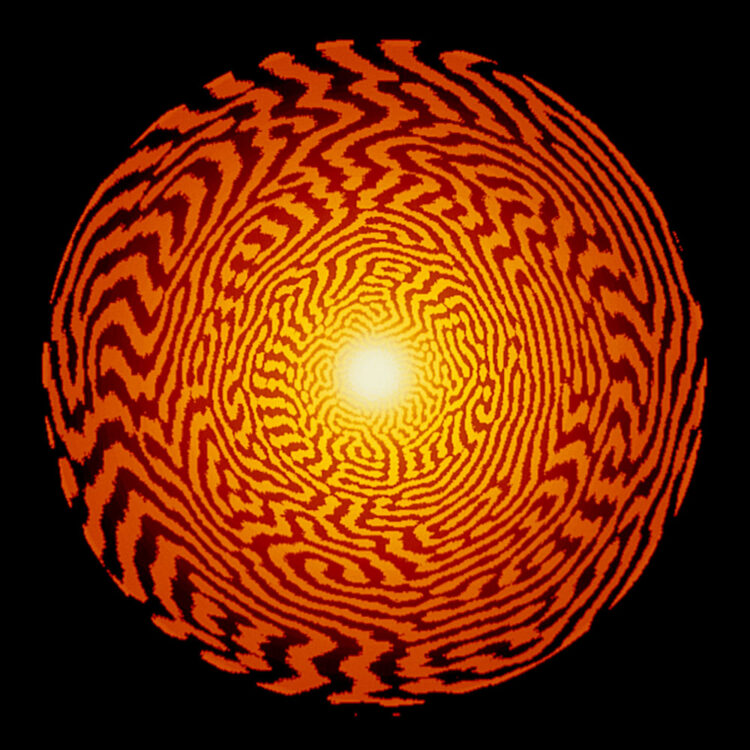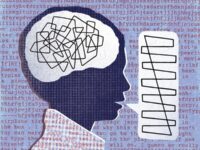Everyone is capable of hallucinating. Some illnesses and the use of psychedelics may increase the frequency and likelihood of hallucinogenic episodes, but this does not mean hallucinations make one mentally ill or a drug addict. The human brain is faulty at best — it makes mistakes, and hallucinating is only one of many. There are many reasons this occurs and the neurological mechanisms behind it depend on what kind of hallucination is being experienced.
“The human brain is faulty at best — it makes mistakes, and hallucinating is only one of many.”
Most people interact with the world with their five senses, using their organs to take in sensory information. Neural networks connecting these organs to various regions of our brain bring information to get processed, allowing us to perceive our environment — the things we see, hear, touch, smell, and taste around us. Hallucinations occur when these sensory processing regions of our brain activate without receiving any signal from our sensory organs. This causes people to perceive things that are not there. Auditory and visual hallucinations appear most commonly, thus most scientific research on this phenomenon focuses on this particular subset of experiences.
While the use of drugs such as psilocybin and LSD can induce hallucinogenic effects, something as regular as distressed emotional states, including grief after loss of a loved one, can also induce hallucinations. These are thought to be normal and not a physiological concern. What is not normal is having these symptoms occur on a regular basis. Structural abnormalities in the brain leave some more susceptible to hallucinations, as found in patients with illnesses such as dementia, Alzheimer’s, and schizophrenia. Lesions and reduced grey matter — the parts of the brain containing neurons — in certain brain regions have been found in patients suffering with hallucinations. While these abnormalities differ between different subgroups of psychological and neurological disorders, they both contribute to abnormal brain reactivity.
On the other hand, hallucinogens do not require a person to be distressed nor have brain abnormalities to induce its effects. These directly activate neural receptors in the brain, commonly the 5-HT2A (a type of serotonin) receptors, which can lead to altered levels of neurotransmitters and even change the shape of the brain regions it acts upon. The psychedelic effects induced by these synthetic shifts in the brain’s chemical balance may be different from the hallucinations induced by physiological illnesses, but they may be helpful for psychiatrists. For one, the alterations in brain structures could be helpful in treating psychological and neuronal disorders.
Another interesting case of hallucination comes from studies centering patients that have gone completely blind. Called the Charles Bonnet Syndrome, some patients report “seeing” things ranging from simple shapes to detailed movie-like scenes. These findings reveal a new side of how the brain operates. As mentioned before, the brain uses the information collected by sensory organs to create one’s perception of reality. When deprived of this information when people lose their sight, the brain may continue to try staying faithful to its job. However, due to the lack of sensory information, the reality it conjures does not accurately recreate the world as before. While the sensory organ may cease to function, the brain remains active, desperate to recreate reality whether or not it receives information.
“For some, hallucinations mean illness. For others, it is an escape.”
It seems obvious to say that hallucinations are the product of our brains, but in reality, the full mechanisms behind each unique case still remain a mystery to scientists. Hallucinations come in many colors, sounds, and flavors. For different subsets of patents and different studies, researchers have found many conflicting results, demonstrating how complex the phenomenon is. For some, hallucination is temporary. For others, it is a part of their regular lives. For some, hallucinations mean illness. For others, it is an escape. And for others still, it could mean recovery.






